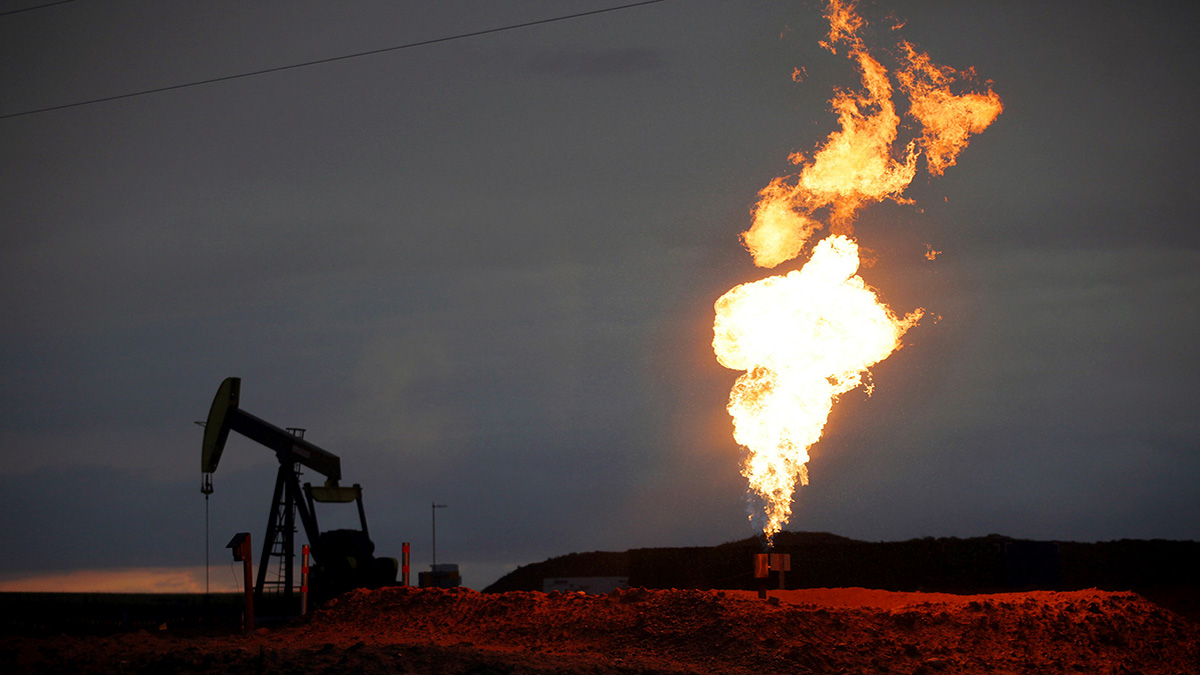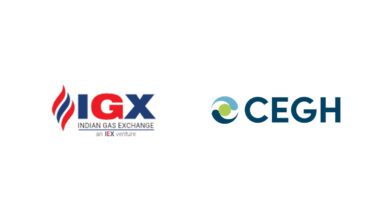PNGRB has given up to 251 days of extra time to companies such as Indian Oil Corporation (IOC), GAIL and Adani Gas to fulfil their city gas project rollout commitments that had been impacted by COVID-19 lockdowns. The Petroleum and Natural Gas Regulatory Board (PNGRB) issued an order granting more time to 41 city gas entities to complete their rollout commitment. Time granted varies from 129 days to 251 days across different geographical areas depending on the duration of the COVID-19 lockdown.
The extra time is to make up for 69 days of the national lockdown imposed to curb the spread of the pandemic and additional restrictions imposed in states. A 60-day restoration period is given on top of the lockdown period. PNGRB said it has given licences to retail CNG to automobiles and piped natural gas to household kitchens and industries in 230 geographical areas (GAs) across the country.
However, in recent times, the entities have been facing a catastrophic situation due to the outbreak and the spread of COVID-19 that has affected every sector across the globe, including the city gas distribution (CGD) business. This resulted in CGD entities unable to perform their obligations.
IOC, GAIL, Adani Gas, Gujarat Gas, Torrent Gas, Bharat Petroleum, Indraprastha Gas and Hindustan Petroleum are among the firms that got extra time. PNGRB said it has “approved the extension considering the national lockdown by Government of India (69 days), additional restrictions imposed by state governments or by district authorities and a restoration period of 60 days.”
The board granted extension to 41 CGD entities in respect of 185 GAs that have been considered eligible. Earlier PNGRB had issued a set of force majeure guidelines, listing events such as riots, natural disasters and restrictions by the government as conditions for allowing more time to complete city gas rollout obligations.
Several city gas firms claimed force majeure after work on sites got stalled due to lockdown. Such claims, however, were not immediately accepted in absence of guidelines listing events that can trigger force majeure. Force majeure refers to a clause that is included in contracts to remove liability for natural and unavoidable catastrophes that interrupt the expected course of events and prevent participants from fulfilling obligations.













